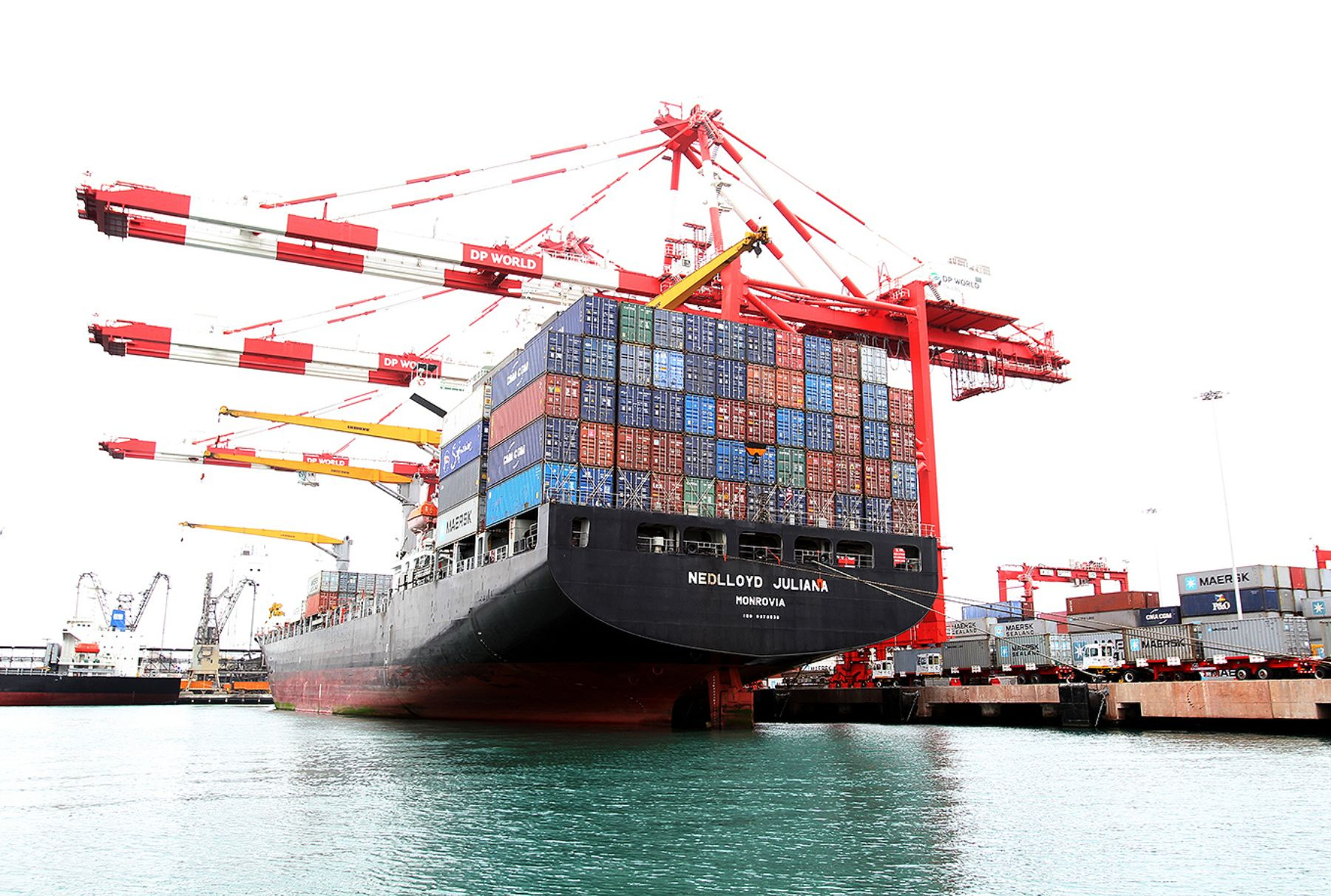
He Ministry of Foreign Trade and Tourism (Mincetur) announced the development of trade facilitation measures aimed at improving the competitiveness of exporters and agents that participate in the country’s logistics and production chain. These include actions with a view to improving border health management and control.
These actions were announced at the closing of the initiative “Improving the Efficiency of Health Management within the framework of the Implementation of the Agreement on Trade Facilitation in Peru”, where the commitment of the different government agencies was ratified, as well as the private sector, to give sustainability to these measures.
The Vice Minister of Foreign Trade, Teresa Mera, highlighted the multisectoral work and effective coordination between the authorities, which made it possible to agree on the proposals for the development of the initiative that will allow Peru to comply with the measures provided for in the Agreement on Trade Facilitation of the World Trade Organization (WTO).
“The results of the initiative allow us to continue working to reduce dispatch time and logistics costs, for the benefit of companies and agents in the foreign trade chain. I recognize the commitment and willingness of the different entities and the private sector, in these three years, which has allowed us to make useful changes to make the sector more efficient,” said the vice minister.
In turn, the deputy director of Swiss Cooperation – SECO, Mauricio Chiaravalli, commented that Switzerland is well aware that trade facilitation plays a key role in the development of a competitive private sector. For this reason, he highlighted the important results thanks to the technical and financial support of SeCompetitivo, as well as the determined leadership of Mincetur to carry out this process.
“The auspicious results contribute significantly to the process of transformation of the country’s sanitary food system, towards one that is more flexible and adaptable to the constant changes in international trade, through simplified procedures and efficient costs that will facilitate foreign trade operations,” he added.
Mincetur: risk management in health control
The initiative, coordinated by the Ministry of Foreign Trade and Tourism, has been a joint effort with strategic entities such as the National Agrarian Health Service (SENASA), the National Fisheries Health Agency (SANIPES), the General Directorate of Environmental Health and Safety Alimentaria (DIGESA) and the National Superintendence of Customs and Tax Administration (SUNAT). In addition, the Ministry of Foreign Affairs, the National Port Authority (APN), and the main associations of the private sector participated in the activities.
It should be noted that the initiative was developed with the support of the BeCompetitive Program of the Swiss Cooperation – SECO and implemented by HELVETAS Swiss Intercooperation, and the specialized technical support of the World Bank and the Inter-American Institute for Cooperation on Agriculture.
Among the main results achieved are the consensual work with the high-level technical actors of the health authorities DIGESA, SANIPES and SENASA, such as the development of a regulatory package and a model for the application of risk management in health control.
In addition, the figure of the Authorized Economic Operator of SUNAT was extended to health issuesa proposal for the application of the second test in food imports, the development of the single sanitary inspector and the modeling of the notification system of reinforced controls or inspections in the country.
Source: Larepublica
Alia is a professional author and journalist, working at 247 news agency. She writes on various topics from economy news to general interest pieces, providing readers with relevant and informative content. With years of experience, she brings a unique perspective and in-depth analysis to her work.












